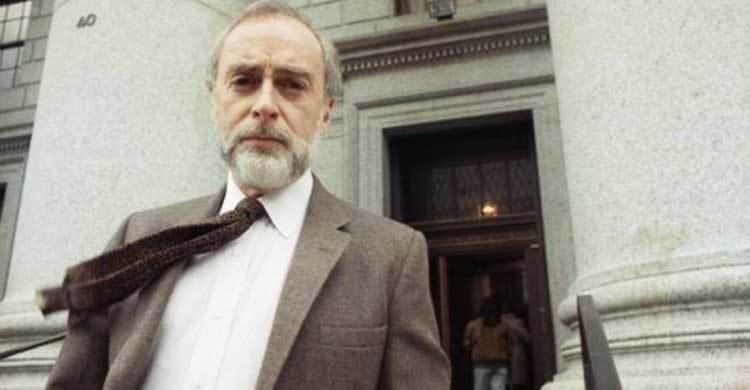Journo Schanberg, who covered Bangladesh’s Liberation War, dies

Sydney Schanberg, US journalist and New York Times’ correspondent, who covered Bangladesh’s Liberation War in 1971 and whose reporting inspired the Oscar-winning Hollywood film, The Killing Fields, has died at the age of 82, the New York Times reports.
Schanberg worked for the Times during the 1971 war here and won a Pulitzer Prize for reporting the fall of Cambodia to the Khmer Rouge in 1975.
His colleague, Dith Pran, was unable to leave and his four-year ordeal inspired Schanberg’s work.
Schanberg died in Poughkeepsie after a heart attack earlier in the week. His death was confirmed by Charles Kaiser, a friend and former Times reporter, the paper said.
In 1980, Schanberg described his Cambodian colleague`s ordeal of torture and starvation at the hands of the Khmer Rouge in a magazine article, and later a book called The Death and Life of Dith Pran.
Oscar awards
In 1975, Schanberg and Dith Pran ignored directives from Times editors to evacuate and stayed in Cambodia as almost all Western diplomats and journalists fled.
Both were seized by the Khmer Rouge and threatened with death.
Dith Pran’s pleas saved Schanberg’s life. The pair took refuge in the French Embassy but Dith Pran was forced to leave and was sent into the countryside.
Two weeks later Schanberg was evacuated by truck to Thailand.
Dith Pran eventually managed to escape to Thailand and died in 2008. It was he who coined the term ‘killing fields’.
The Killing Fields won eight BAFTA Awards and three Academy Awards. Sam Waterston played Schanberg in the movie, with Haing S Ngor, who won an Oscar for Best Supporting Actor, in the role of Dith Pran.
The Khmer Rouge was the ruling party in Cambodia from 1975 to 1979, during which it was responsible for one of the worst mass killings of the 20th Century. The genocide claimed the lives of more than a million people - some estimates say up to 2.5 million.
Under the Maoist leader Pol Pot, the Khmer Rouge tried to take Cambodia back to the Middle Ages, forcing millions of people from the cities to work on communal farms in the countryside.
But the attempt at social engineering had a terrible cost, and whole families died from execution, starvation, disease and overwork.


